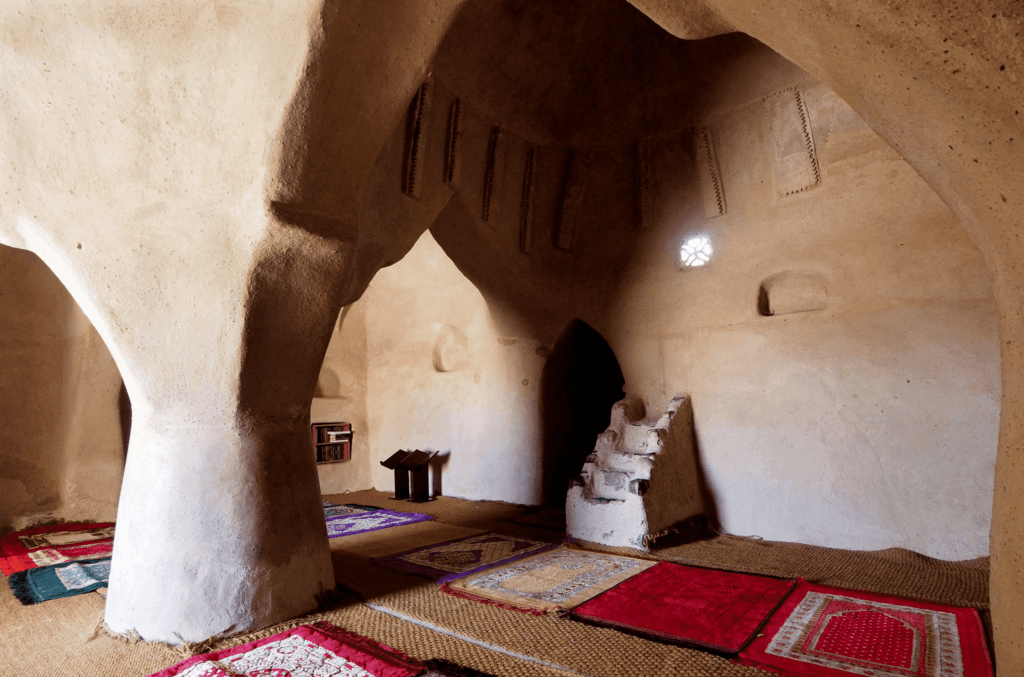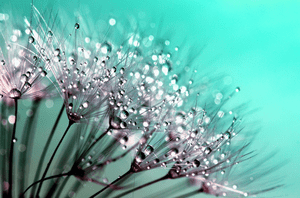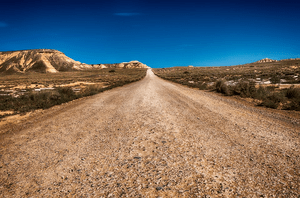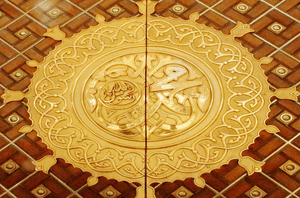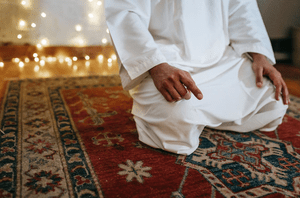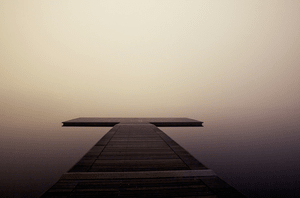The first step to developing khushūʿ is to understand and appreciate the importance of ṣalāh itself.
After the obligation of attesting to the Oneness of Allah (tawḥīd), there is no greater commandment in Islam than ṣalāh.
Ṣalāh is the second pillar of Islam and the prime connection between a slave and his Master. It is the first act which he will be held accountable for on the Day of Judgement: if it is good, he will be saved and will succeed; if it is not good, he will be doomed and be amongst the losers.
Ṣalāh is the crucial factor that distinguishes the believers from the disbelievers. By preserving your ṣalāh, you are preserving your dīn. Maintaining your ṣalāh will give you a special light (nūr) in your heart, face and in your grave. On the Day of Judgement, your ṣalāh will come to your rescue and will be your special ‘light’. However, those who do not pray will find themselves with Firʿawn, Qārūn, Hāmān and Ubayy b. Khalaf: the worst of mankind.
Ṣalāh is the purification of the soul. It cleanses your sins and protects you from all harm. Ṣalāh is your oxygen, without which you will die. If you do not perform your ṣalāh, although you may be ‘alive’ in the physical sense, you are spiritually ‘dead’.
Ṣalāh is unique because it was made compulsory upon the Prophet ﷺ and his ummah during the Night Journey and Ascension (laylat al-isrā’ wal-miʿrāj). He personally received this commandment without any intermediaries from above the seven heavens.
Even on his deathbed, despite being weak and in agony, the Prophet ﷺ never forgot his ummah. He exhorted, “Ṣalāh, ṣalāh and your slaves.” These were his parting words and his final waṣiyyah (last will) to us.
ʿAbdullāh b. ʿAbbās (radiy Allāhu ʿanhumā) relates that when ʿUmar (raḍiy Allāhu ʿanhu) – the second Caliph of Islam – was stabbed, he carried him to his house along with a group of Anṣārī men. Umar (raḍiy Allāhu ʿanhu) remained unconscious until the morning. A man said, “You won’t be able to wake him up except through ṣalāh.” So they said to him, “Ṣalāh, O Leader of the Believers!” Upon hearing this, ʿUmar (raḍiy Allāhu ʿanhu) opened his eyes and asked, “Have the people prayed?” When they answered in the affirmative, he said, “Indeed there is no share in Islām for the one who abandons ṣalāh.” He then performed ṣalāh whilst his wound was bleeding. (Muṣannaf ʿAbd al-Razzāq)
Why Do We Perform Salah?
- To fulfil the purpose of our life i.e. to worship Allah
- To uphold the command of Allah
- To remember Allah (subḥānahū wa taʿālā) and become closer to Him
- To humble ourselves & express our need to Him
- To appreciate and show gratitude to Allah
- To converse privately with the Lord of the worlds
- To separate ourselves from those in kufr (disbelief)
- To safeguard ourselves from sins and evil deeds
- To purify our souls
- To earn magnificent rewards in this world & the hereafter
- To have our sins forgiven
- To renew our pledge with Allah and affirm our commitment to Him
- To prevent our hearts from hardening
- To acquire Allah’s happiness and love
- To be given the opportunity to see Allah (subḥānahū wa taʿālā) in Jannah
- To fill our lives with peace and comfort, and to help us when we are stressed, worried or feeling down
Ṣalāh brings provisions, preserves one’s health, removes pain, repels illnesses, strengthens the heart, brightens the face, brings joy to the soul, removes laziness, stimulates the limbs, fuels one’s strengths, brings peace to the heart, nourishes the soul, illuminates the heart, preserves blessings, repels calamities, brings blessings, pushes shayṭān away, and brings one close to the All-Merciful. – Ibn al-Qayyim (raḥimahullāh)

